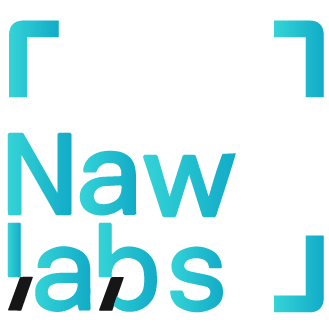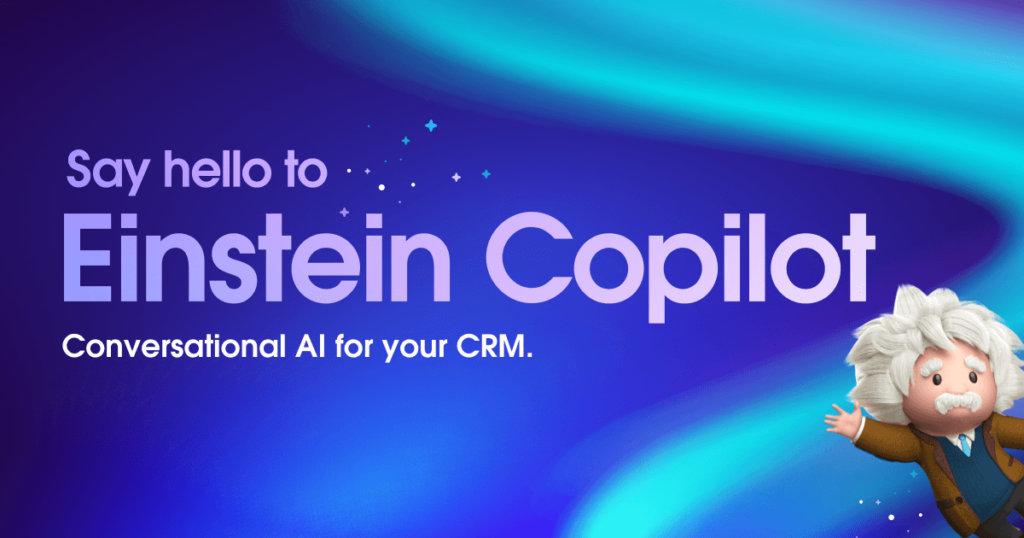Discover What Is Salesforce CRM and Why It Matters
1. The Evolution of CRM
The concept of Customer Relationship Management (CRM) has undergone significant transformation over the years. From rudimentary card systems and spreadsheets to sophisticated digital platforms, CRM systems have evolved to meet the dynamic needs of businesses. This evolution highlights the growing importance of understanding and managing customer relationships effectively.
Overview of Salesforce CRM
Salesforce CRM stands as a paragon in the CRM landscape, renowned for its comprehensive suite of tools designed to enhance customer interactions, streamline business processes, and foster growth. As a cloud-based solution, Salesforce offers unparalleled accessibility and scalability, making it a preferred choice for businesses of all sizes.
2. Key Features of Salesforce CRM
Customizability
One of the hallmarks of Salesforce CRM is its remarkable customizability. Businesses can tailor the platform to align with their unique workflows and requirements. Whether it’s custom fields, objects, or modules, Salesforce ensures that the CRM solution fits like a glove.
Scalability
Scalability is another pivotal feature of Salesforce CRM. As businesses grow and their needs evolve, Salesforce can scale effortlessly. This ensures that the CRM system remains robust and efficient, accommodating increased data volumes and more complex operations.
Integration Capabilities
Salesforce CRM boasts exceptional integration capabilities. It seamlessly integrates with a myriad of third-party applications, allowing businesses to create a unified ecosystem. This interconnectivity enhances operational efficiency and provides a holistic view of customer data.
3. How Salesforce CRM Transforms Business Operations
Enhancing Customer Relationships
At its core, Salesforce CRM is designed to enhance customer relationships. By providing a 360-degree view of each customer, it enables businesses to offer personalized and responsive service, fostering loyalty and satisfaction.
Streamlining Sales Processes
Sales processes are streamlined through Salesforce’s intuitive interface and automation features. From lead generation to closing deals, the platform optimizes each stage of the sales funnel, boosting productivity and revenue.
Improving Data Management
Effective data management is a cornerstone of Salesforce CRM. The platform centralizes data storage, ensuring accuracy and accessibility. Advanced analytics tools enable businesses to derive actionable insights from their data, driving informed decision-making.
4. The Importance of Salesforce CRM in Different Industries
Salesforce CRM in Retail
In the retail sector, Salesforce CRM revolutionizes customer engagement. By leveraging data insights, retailers can tailor marketing campaigns, optimize inventory management, and enhance the overall shopping experience.
Salesforce CRM in Healthcare
Healthcare providers benefit from Salesforce CRM’s ability to streamline patient management. The platform facilitates appointment scheduling, patient communication, and records management, contributing to improved care delivery and patient satisfaction.
Salesforce CRM in Financial Services
For financial services, Salesforce CRM offers robust tools for managing client relationships, regulatory compliance, and financial transactions. It enhances customer trust and operational efficiency in a highly regulated industry.
5. The Role of Salesforce CRM in Customer Experience
Personalization and Customer Insights
Personalization is key to exceptional customer experience, and Salesforce CRM excels in this area. By analyzing customer data, businesses can deliver tailored experiences that resonate with individual preferences and behaviors.
Automation and Efficiency
Automation is a significant benefit of Salesforce CRM. Routine tasks and workflows can be automated, freeing up valuable time for employees to focus on strategic initiatives. This efficiency translates into faster response times and improved service quality.
Multichannel Support
Salesforce CRM supports multichannel engagement, allowing businesses to interact with customers across various platforms, including email, social media, and live chat. This ensures a consistent and cohesive customer experience.

6. Salesforce CRM and Data Security
Vigorous Security Measures
Data security is paramount in today’s digital landscape, and Salesforce CRM addresses this concern with robust security measures. The platform employs encryption, access controls, and regular security audits to safeguard sensitive information.
Compliance with Regulations
Salesforce CRM ensures compliance with industry regulations such as GDPR and HIPAA. This adherence to regulatory standards protects businesses from legal repercussions and builds customer trust.
7. Integration with Other Tools
Seamless Integration with Marketing Automation
Salesforce CRM seamlessly integrates with marketing automation tools, enhancing the efficiency of marketing campaigns. This integration enables precise targeting, real-time tracking, and comprehensive performance analysis.
Collaboration with ERP Systems
Collaboration with Enterprise Resource Planning (ERP) systems is another strength of Salesforce CRM. This integration synchronizes financial data, inventory levels, and operational workflows, providing a unified business management solution.
Enhancing Productivity with Communication Tools
Salesforce CRM enhances productivity by integrating with communication tools such as Slack and Microsoft Teams. This facilitates seamless collaboration, information sharing, and task management within teams.
8. The Future of Salesforce CRM
Innovations and Emerging Trends
The future of Salesforce CRM is marked by continuous innovation. Emerging trends such as the Internet of Things (IoT), augmented reality, and blockchain are being integrated to provide even more advanced and intuitive solutions.
The Impact of AI and Machine Learning
Artificial Intelligence (AI) and Machine Learning (ML) are revolutionizing Salesforce CRM. Predictive analytics, chatbots, and intelligent automation are just a few examples of how AI and ML are enhancing CRM functionalities.
9. Challenges and Considerations
Implementation Challenges
Despite its advantages, implementing Salesforce CRM can pose challenges. Businesses may encounter issues such as data migration complexities, integration hurdles, and the need for change management.
Customization Complexities
While customization is a strength, it can also be a challenge. Extensive customization requires careful planning and expertise to avoid potential pitfalls and ensure optimal performance.
Training and Adoption
Training and adoption are critical for the successful deployment of Salesforce CRM. Ensuring that employees are well-versed in the platform’s functionalities and benefits is essential for maximizing its potential.
10. Conclusion
Summarizing the Impact
Salesforce CRM’s impact on businesses is profound. Its ability to enhance customer relationships, streamline operations, and provide data-driven insights makes it an indispensable tool in the modern business environment.
Final Thoughts on Adoption and Success
Adopting Salesforce CRM requires strategic planning, but the rewards are substantial. By leveraging its robust features and capabilities, businesses can achieve significant growth and success in an increasingly competitive market.





Even if we do not talk about 5G (specifically), the security talent in general in the country is very sparse at the moment. We need to get more (security) professionals in the system.